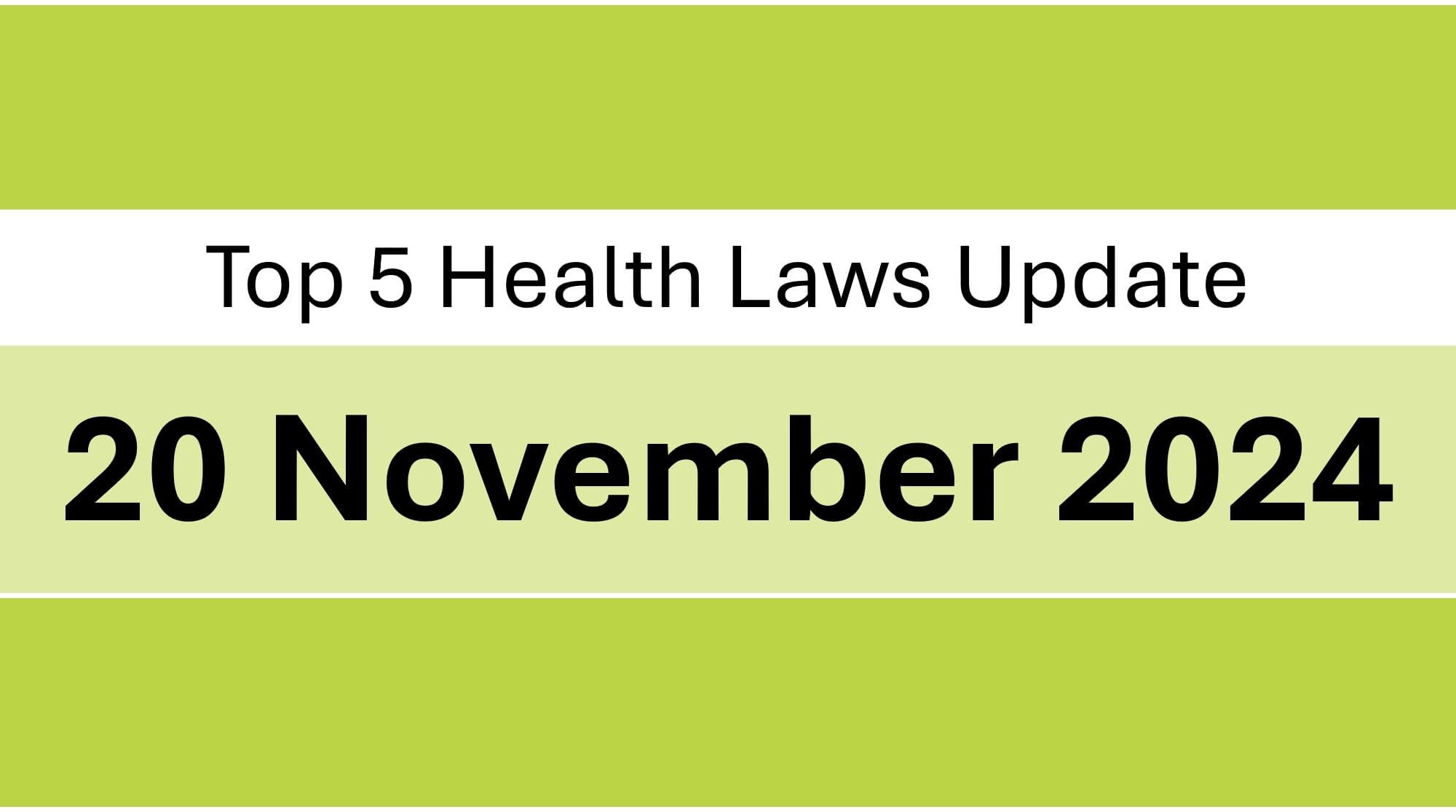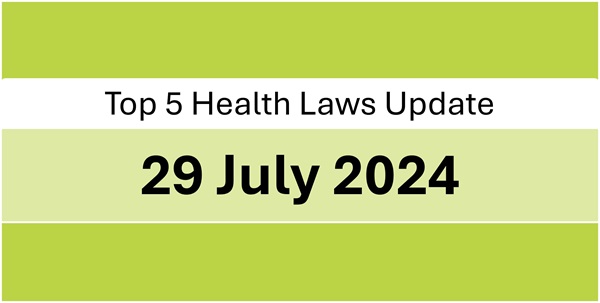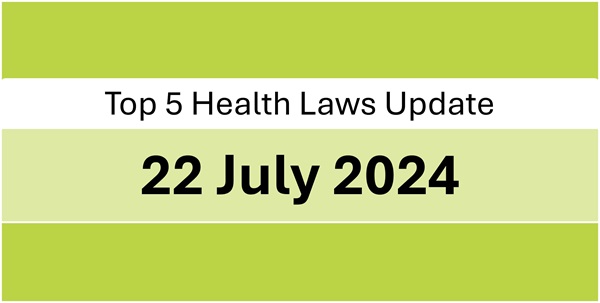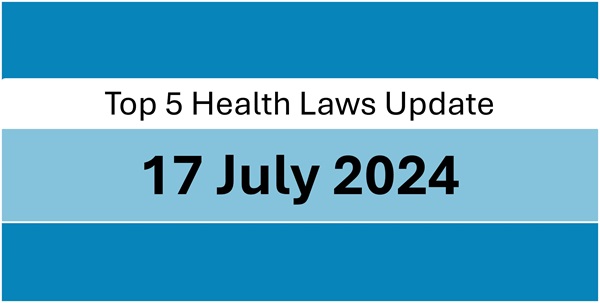Dear Readers, we are happy to share the most interesting legal and policy updates concerning health industry that we read today. we hope you enjoy reading it.
1. India’s apex food regulator, Food Safety and Standards Authority of India (FSSAI) has reportedly commenced initiatives to frame guidelines for the safety and labelling of lab-grown meat, dairy, and egg products, reflecting a growing interest in sustainable food options within India.
Source: bit.ly/490hvIG
2. The Delhi High Court has granted a renowned food brand an injunction against its competitor for trademark infringement of its brand, which has been registered since 1986. The court determined that the competitor’s use of the mark for products could mislead consumers and harm the reputation of the original band, directing them to cease using the trademark and remove infringing products from e-commerce platforms.
Source: bit.ly/4fTj2Cp
3. The Department of Pharmaceuticals (DoP) is reportedly developing a ‘Disposal Policy’ to safely remove unused and expired drugs from sale premises and households, addressing environmental concerns linked to improper disposal.
Source: bit.ly/4eFRlfF
4. The Central Pollution Control Board (CPCB) has issued a direction to all State Pollution Control Boards (SPCBs) and Pollution Control Committees (PCCs) to enforce Rule 4(h) and 4(ha) of the Plastic Waste Management (PWM) Rules which provides mandatory marketing and labelling compliance for the manufacturers of compostable plastic carry bags or commodities before selling such products in the market.
Source: bit.ly/3YXveeD
5. The Competition Commission of India (CCI) has fined a major tech company ₹213.14 crore for misusing its dominant position over a messaging app’s 2021 privacy policy, which forced users to accept new data sharing terms. The CCI found this policy unfair because it didn’t allow users to opt out, and it ordered the company to make changes to provide clearer choices about data sharing and better explanations for users.
Source: bit.ly/3CxU9Oi




